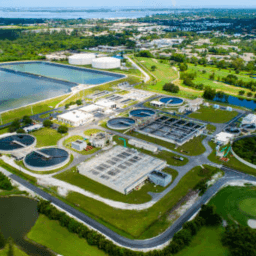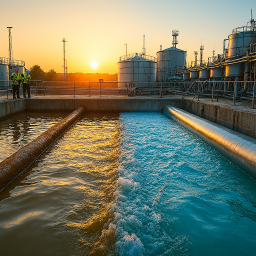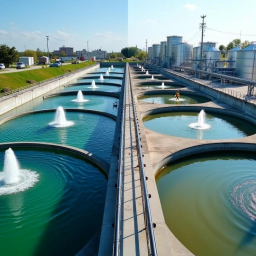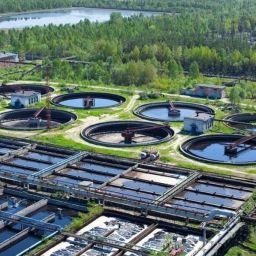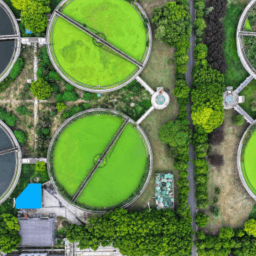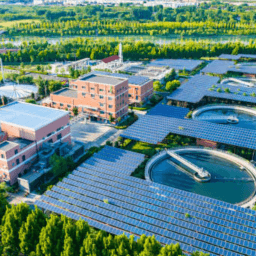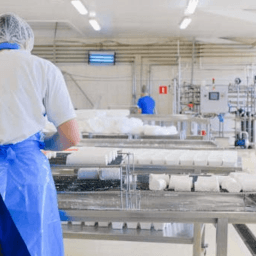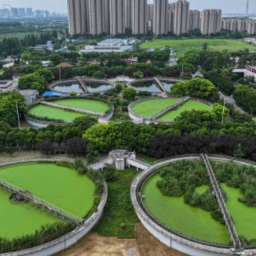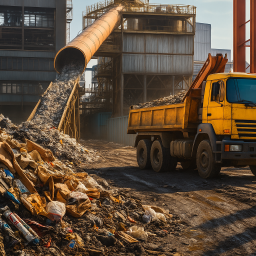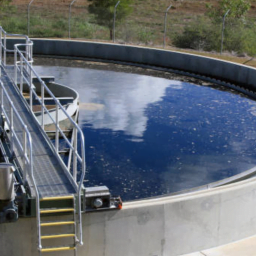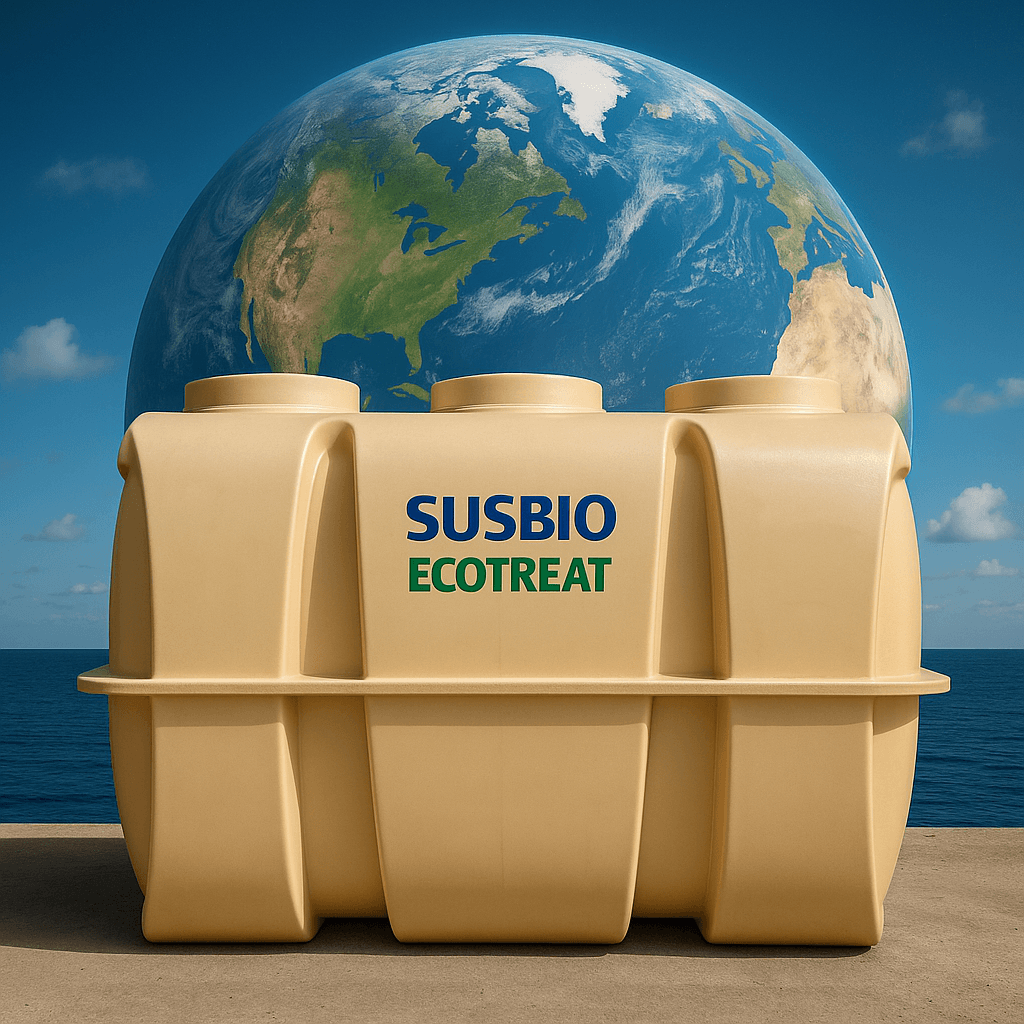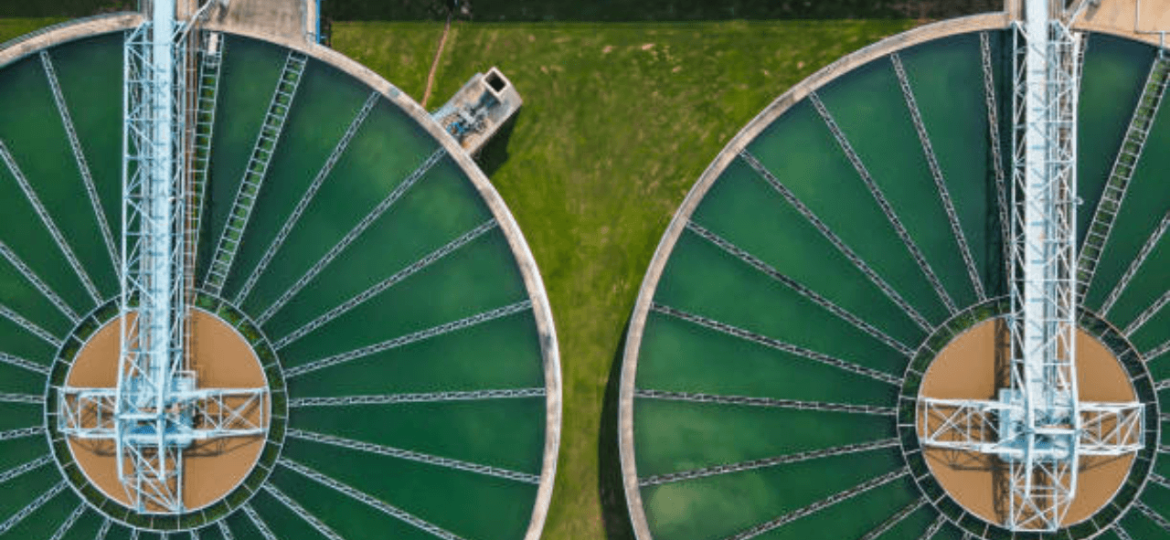
Effluent Treatment Plants (ETPs) play a pivotal role in managing wastewater generated by industrial processes. Designed to treat contaminated water before it is discharged into the environment, ETPs are a cornerstone of sustainable industrial operations. As a leading ETP plant manufacturers in India, SUSBIO is dedicated to providing innovative and efficient solutions for industries striving for environmental compliance.
What is an Effluent Treatment Plant (ETP)?
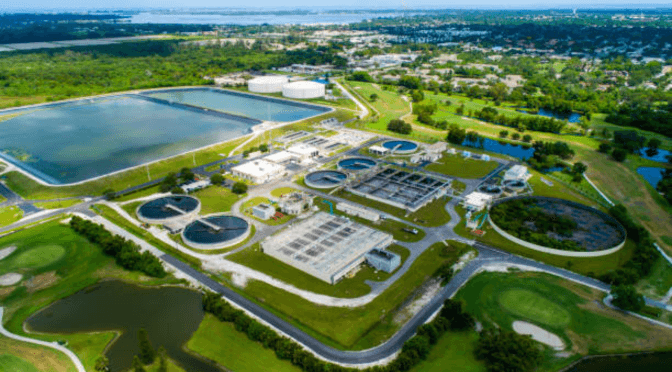
An Effluent Treatment Plant (ETP) is a specialized wastewater treatment system designed to treat industrial effluents. Industries such as pharmaceuticals, textiles, chemicals, and food processing produce wastewater containing hazardous substances. ETPs are engineered to remove these contaminants, ensuring the treated water meets environmental standards for safe discharge or reuse.
Key components of an ETP include:
Primary Treatment: Removal of large solids and suspended particles.
Secondary Treatment: Biological treatment to degrade organic pollutants.
Tertiary Treatment: Advanced processes like filtration, UV disinfection, or reverse osmosis for further purification.
Why Are ETP Systems Essential?
Effluent Treatment Plants (ETPs) are vital for treating wastewater before it’s released into the environment. Untreated wastewater can severely harm both the environment and human health by polluting water bodies and ecosystems. ETP systems prevent pollution, conserve water, and support sustainable development.
Environmental Benefits of ETP Plants
Untreated wastewater can harm local ecosystems, but ETP plants mitigate these effects by:
- Reducing Pollution: ETP systems remove harmful chemicals, oils, and suspended solids, ensuring clean discharge.
- Protecting Aquatic Life: They filter out toxic substances, preserving biodiversity and ecosystems.
- Maintaining Ecosystem Balance: ETPs reduce harmful nutrients, preventing oxygen depletion and supporting aquatic life.
- Lowering Carbon Footprint: Advanced systems like Zero Liquid Discharge (ZLD) reduce water wastage and contribute to sustainability.
Regulatory Compliance and ETP Standards
ETP systems help industries comply with regulations to prevent environmental damage. They meet standards for chemical oxygen demand (COD), biochemical oxygen demand (BOD), and heavy metals, ensuring industries avoid penalties. ETPs also support green certifications and industry-specific requirements.
ETP systems are essential for environmental protection, water conservation, and regulatory compliance. By investing in effective effluent treatment plants, industries can significantly reduce their environmental impact while ensuring long-term sustainability.
Role and Importance of ETP Plants
1. Environmental Protection
ETPs prevent the release of harmful pollutants into natural water bodies, protecting aquatic ecosystems and reducing the risk of water pollution.
2. Regulatory Compliance
Industrial facilities must comply with stringent environmental regulations. ETPs ensure wastewater is treated to meet the required discharge standards, avoiding legal penalties.
3. Resource Conservation
Treated water from ETPs can be reused for industrial processes, landscaping, or agricultural purposes, promoting water conservation.
4. Public Health and Safety
By removing hazardous contaminants, ETPs mitigate risks to public health associated with exposure to polluted water.
Process of Effluent Treatment in ETP Plants
1. Preliminary Treatment
The initial stage focuses on removing large debris, grit, and oil using screens and grit chambers.
2. Primary Treatment
Settling tanks are used to remove suspended solids and reduce the load of organic matter through sedimentation.
3. Secondary Treatment
Biological processes, such as activated sludge systems or moving bed biofilm reactors (MBBR), are employed to degrade organic pollutants using microorganisms.
4. Tertiary Treatment
This stage involves advanced treatment methods such as:
Sand filtration
Activated carbon filtration
Reverse osmosis
UV disinfection
5. Sludge Management
The sludge generated during treatment is dewatered and processed to minimize environmental impact.
How ETP Systems Benefit the Environment
ETP systems play a vital role in reducing wastewater pollution and promoting sustainability. Here’s how they benefit the environment:
- Water Pollution Reduction: ETP systems treat harmful pollutants, significantly improving water quality and protecting aquatic life.
- Eutrophication Prevention: ETPs help reduce excess nutrients like nitrogen and phosphorus, preventing harmful algae blooms.
- Water Conservation: By recycling treated wastewater, ETP systems reduce dependency on fresh water, conserving valuable resources.
- Sustainable Management: Technologies like Zero Liquid Discharge (ZLD) ensure no untreated water is discharged, supporting sustainable wastewater management.
ETP Systems and Environmental Regulations
Compliance with environmental standards is crucial. ETP systems help industries meet regulations such as those from the CPCB, ensuring that wastewater meets discharge standards and avoids penalties.
Contributing to a Cleaner, Greener Future
ETP systems are essential for reducing industrial waste, promoting resource efficiency, and supporting circular economy practices. By reusing treated wastewater, industries minimize water wastage, contributing to environmental sustainability.
ETP Systems for Environmental Protection
Incorporating ETP systems ensures regulatory compliance and protects the environment. These systems help industries reduce pollution, conserve water, and improve sustainability, showcasing their commitment to environmental protection.
Why SUSBIO is the Best ETP Plant Manufacturer
SUSBIO has established itself as a leader in the field of wastewater treatment, offering cutting-edge solutions tailored to diverse industrial needs. Here’s why SUSBIO stands out:
1. Innovative Design
SUSBIO’s ETPs are designed with advanced technologies, ensuring high treatment efficiency and low operational costs.
2. Custom Solutions
Each plant is customized to address the specific requirements of the client’s industry and effluent characteristics.
3. Energy Efficiency
SUSBIO prioritizes sustainability by incorporating energy-efficient processes, reducing the overall carbon footprint.
4. Robust Construction
Using high-quality materials, SUSBIO ensures that its ETPs are durable and capable of handling varying effluent loads.
5. Comprehensive Support
From design and installation to maintenance, SUSBIO provides end-to-end support, ensuring seamless operation.
6. Proven Expertise
With a track record of successful installations across industries, SUSBIO has earned a reputation for excellence and reliability.
Why Choose SUSBIO for ETP Plants
When it comes to managing industrial wastewater, SUSBIO is the name you can trust. With a commitment to innovation and environmental sustainability, SUSBIO offers state-of-the-art Effluent Treatment Plants designed to meet the unique challenges of various industries. Whether you’re looking to comply with stringent environmental regulations, conserve resources, or enhance operational efficiency, SUSBIO’s ETPs deliver unmatched performance.
Key reasons to choose SUSBIO include:
-
Expertise in advanced effluent treatment technologies.
-
Custom-designed solutions for optimal performance.
-
Comprehensive support services from installation to maintenance.
-
Commitment to sustainability and resource conservation.
-
Recognized as the best ETP plant manufacturer and top wastewater treatment company in India.
By choosing SUSBIO, you’re not only investing in an ETP but also contributing to a cleaner and greener future. Let SUSBIO’s expertise guide your journey toward sustainable wastewater management. Contact us today to learn more about our innovative solutions!


